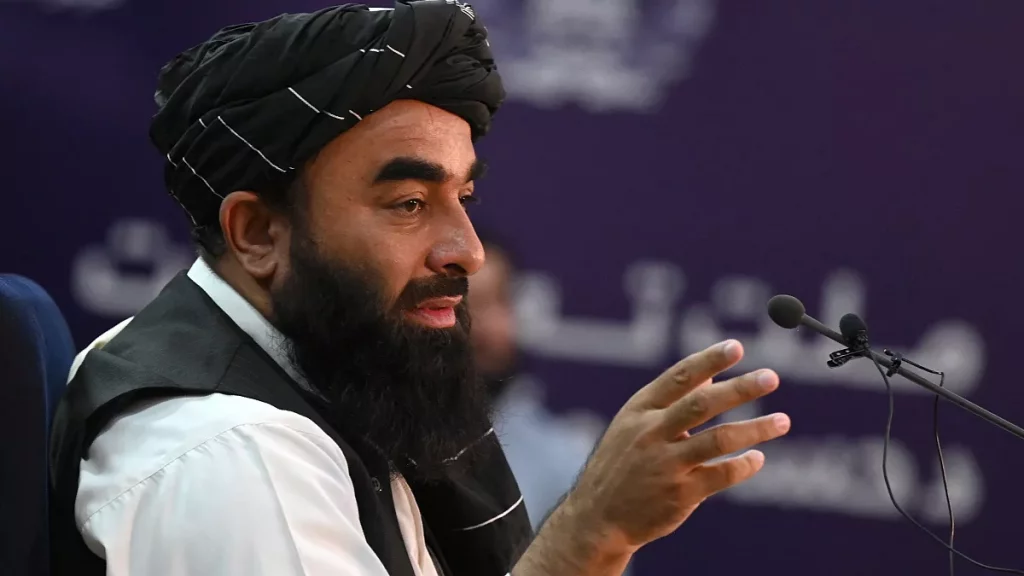Ghanaian Deputy Minister of Energy, Mr Andrew Mercer, has revealed that renewable sources of energy will aid in the electrification of rural and unserved areas.
He said this in a statement made available to newsmen on Monday after the Nigeria Energy Exhibition and Conference in Lagos, titled, ‘Unlocking new value with reforms, investments and technology.’
The conference, which was organised by Informa Markets discussed the West African outlook on energy, and inter-regional electricity connection efforts as well as spotlighted Ghana’s electrification efforts.
He revealed that Ghana had set a target of meeting universal energy access by 2024, while the current electrification rate is 88 per cent.
In his remarks, Mercer noted, “To achieve this the government has committed to electrifying 200 islands and 2,000 lakeside communities, a move that will provide power to 1.5 million people. Ghana plans to utilise decentralised renewable energy resources to power hard-to-reach island communities. Currently, five operational mini-grids electrify 10,000 people with three more under construction and expected to serve 6,000 when completed.”
He emphasised that Ghana believed in the integration of renewable energy, saying the reduction of fossil fuel use would mitigate the impacts of climate change and also mitigate the impacts associated with large-scale hydro projects.
He said, “Ghana has traditionally relied on hydro and thermal sources of power generation. However, the dwindling hydro resources, geopolitical tensions and fuel availability impacts its energy security. As a result, there is a need for a much more diverse energy mix.”
Mercer highlighted the country’s efforts to combat the trilemma of energy security, energy equity and environmental sustainability.
Mercer noted that Ghana’s approach had shifted from “viewing energy security, equity and environmental sustainability as three divergent paths at a crossroads, but rather as three destinations that need to be arrived at simultaneously.”
Also, Exhibition Director, Nigeria Energy, Mr Ade Yesufu, added that the recently enacted Electricity Act 2023 was a step in the right direction for the country, adding that stakeholders across the Energy sector were able to connect and discuss the next steps to actualised the goal.
Yesufu stated, “Nigeria Energy Exhibition and Conference was able to provide the opportunity as a platform for local players and international investors that proffer insights solutions to the challenges that has been limiting the industry.
“As the leading Energy platform event in Nigeria and West Africa, we commend the support of the Ministry of Power especially with the move to unlock new value using reforms, investments, and technology”, he concluded.












